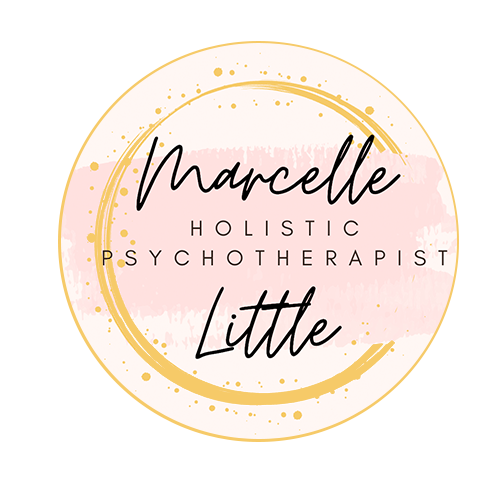How Does Individual Therapy for Relationship Issues Differ from Other Types of Therapy?
Individual therapy for relationship issues offers a unique and deeply personal approach compared to other therapeutic modalities, such as couples or family therapy. In this article, we will explore what sets individual therapy apart when addressing relationship challenges and how it can provide targeted support for those looking to improve their relational dynamics.
Focused on the Self Within Relationships
Unlike couples or family therapy, which centers on relational dynamics between two or more people, individual therapy focuses on the client's personal experience and how their thoughts, emotions, and behaviors influence their relationships. It's an introspective process where individuals explore their roles, patterns, and triggers within their relationships, allowing for a deeper understanding of their own needs and desires.
This focused attention on personal growth empowers individuals to make changes in how they approach relationships, whether it's learning how to set boundaries, improving communication, or breaking harmful patterns that may contribute to relational conflicts.
Personalized Strategies for Relational Growth
One of the most significant benefits of individual therapy for relationship issues is the level of customization. The therapist tailors their approach to the individual's unique experiences, allowing for personalized insights and strategies. Unlike group or couples therapy, where multiple perspectives are at play, individual therapy zeroes in on one person’s emotions and reactions, making it a space for deeper self-awareness and growth.
For example, a client may use individual therapy to work on how their childhood experiences influence their attachment style in relationships. The therapist can provide specific tools to help the client build healthier patterns, without the potential distractions or dynamics that arise in group settings.
Building a Healthier Relationship with Oneself
Individual therapy is not just about improving external relationships; it's also about enhancing the relationship one has with themselves. Many relational issues stem from unresolved internal conflicts, such as low self-esteem, unresolved trauma, or difficulty managing emotions. By working on these issues in a private, one-on-one setting, individuals can develop greater emotional resilience, self-compassion, and self-awareness, which ultimately leads to healthier and more fulfilling relationships.
How Individual Therapy Complements Other Therapies
While individual therapy offers a space for self-reflection and personal growth, it can also complement other forms of therapy. For example, someone in couples therapy may seek individual therapy to work on their own unresolved emotional triggers that impact their relationship. By doing so, they can contribute more constructively to couples sessions and bring greater self-awareness into their relational dynamic.
A Path to Personal Empowerment in Relationships
Ultimately, individual therapy for relationship issues is about personal empowerment. It's a space where individuals can take ownership of their role in relationships, understand how past experiences shape their current patterns, and develop healthier ways of engaging with others. By focusing on oneself first, clients often find that their relationships naturally improve, as they become more aligned with their own emotional needs and desires.
Final Thoughts on Individual Therapy for Relationship Issues
Individual therapy for relationship issues differs from other types of therapy by providing a personalized, introspective space to work on personal growth, which can lead to healthier and more fulfilling relationships. Where I have seen the biggest change is when clients become more aware of the patterns—most often attachment style patterns—that highlight unmet needs from childhood and how these are being recreated in their current relationship dynamics. Once we identify how these patterns play out, it becomes the first step toward meaningful change. When combined with mindfulness, compassion, and somatic techniques, we can create new narratives and dynamics, transforming what once felt dysfunctional, painful, and defeating into a more connected, aware, and fulfilling state.

